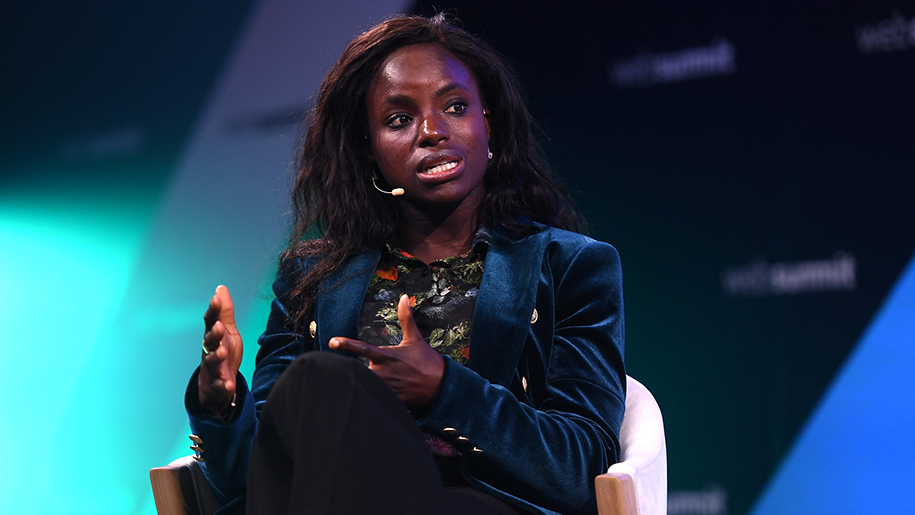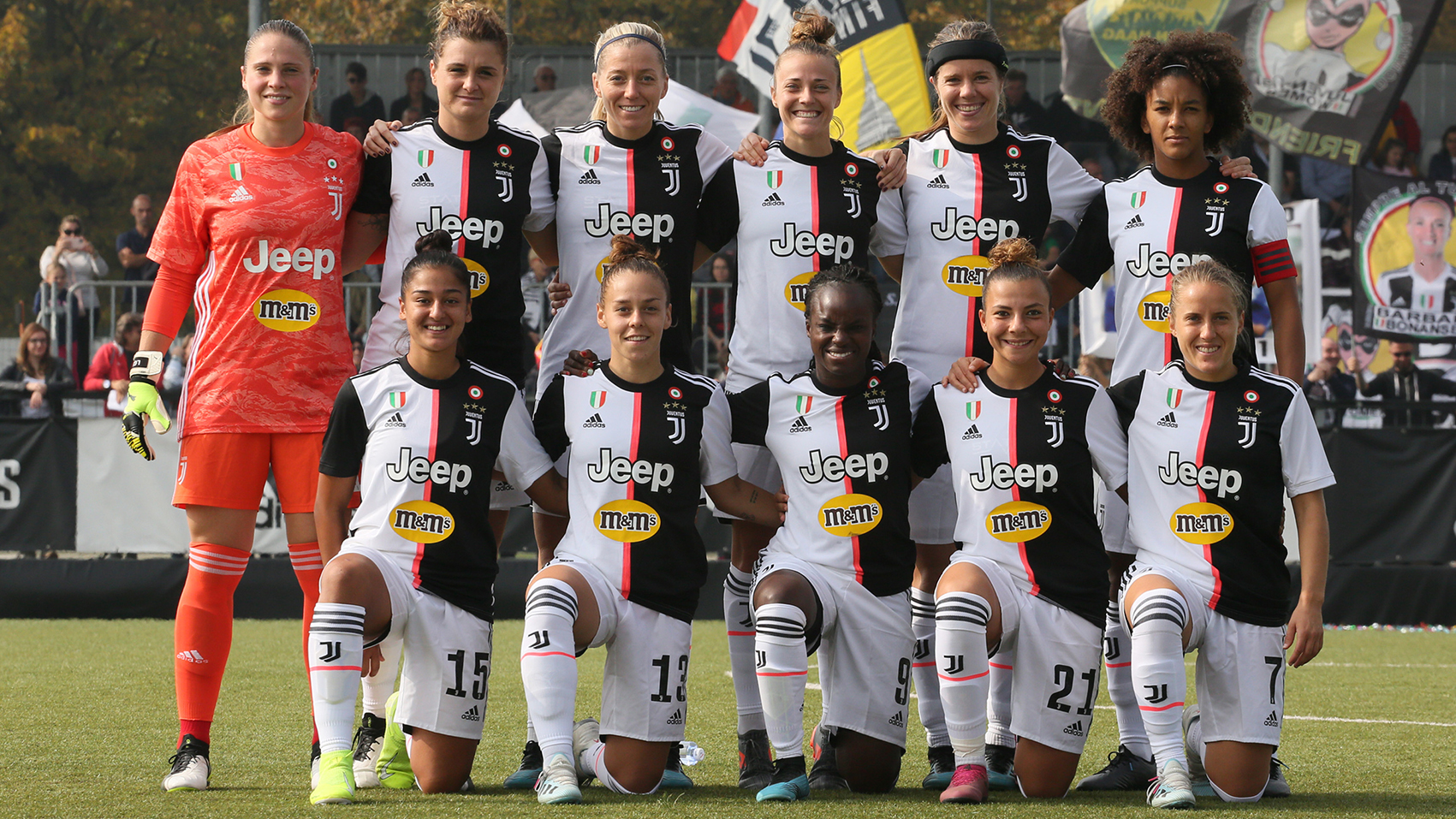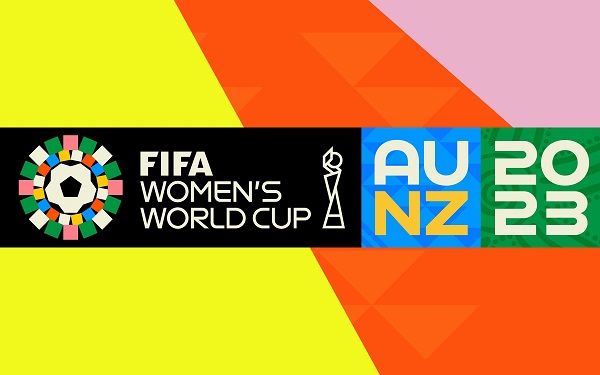This content is associated with The Open University's Sport and Fitness courses and qualifications.
As England won Euro 2022 with Chloe Kelly's memorable extra-time winner, it means that they will be one of the favourites for the 2023 World Cup starting in July. The popularity of the Lionesses might also be because, at least for some, they have come to symbolise “girl power”, promoting and inspiring gender equality and a broader message of inclusion across sport and across society.
Women’s football has been one of the most recognised places to showcase women’s claims for recognition, rights and access to the same sporting opportunities as men. At the same time, women’s football is often viewed as a much more inclusive sport than the men’s game which continues to be associated with issues such as hooliganism, homophobia and racism. The women’s game is seen to represent something more progressive, associated with values such as sisterhood, solidarity and female empowerment and this has undoubtedly shaped the popular view of the sport. But does this association between women’s football and inclusion stand up to scrutiny?
Considering ethnicity and racism in women's football
Most of the research on the experiences of female footballers has focused on issues related to gender. This has often emphasised the shared experience of females participating in a traditionally male-dominated sport. But this approach has been argued to be too generalised and can neglect the quite varied experiences that different women face. More recently, researchers have begun to explore how gender can intersect with other important factors, including ethnicity and racism, to produce different experiences among females. In football, ongoing discussions around racism are also regularly framed as a ‘male’ issue related to men’s football, which, as we will explore here, may have downplayed attention on racial discrimination in the women’s game.
The strongly held view of women’s football as inclusive has sometimes led key stakeholders to deny the existence of racism in the sport. When claims are made to challenge this view, they invariably receive a hostile response.
A number of well-known former Black and South Asian players have been successful in women’s football, such as Hope Powell (former England manager from 1998–2013), Rachel Yankey (played for England 129 times), and Aman Dosanj (selected to play for England under-16s). That said, the ethnic diversity of the women’s game differs noticeably to men’s football – of the 23-woman England Euro 2022 squad, only 3 players are from ethnic minority backgrounds. Having an ethnically diverse playing population is not necessarily equivalent to equity of experience, however. Simply being ‘present’ does not guarantee being included. To consider what it is like to be an ethnic minority female player is a good way to assess the inclusivity of women’s football.
Side-lining racism in women's football
There is evidence to suggest that female footballers more readily disclose experiences of sexism over other forms of discrimination, including racism. In research conducted by one of the authors of this article with British Asian female footballers, Aarti Ratna found that sexism operated alongside both racism and homophobia (Ratna, 2013). Yet the players found it easier to discuss sexism and their gendered life stories than they did their experience as ethnic minorities. The players interviewed described often having to act like ‘one of the (white) girls’ to facilitate their inclusion rather than be themselves. Such gendered performances also reproduced the myth of an inclusive sisterhood – that as all women know what it feels like to be marginalised within a patriarchal (male-dominated) society, they would not discriminate against any other social group.
This is not to suggest that women players cannot or do not embody inclusive attitudes and behaviours, because many do, nor that all ethnic minority players experience regular exclusion. But for these British Asian players, racism was side-lined in favour of focusing upon the (shared) gender struggles that helped their inclusion in the game.
The denial of racism in women's football
Perhaps one of the reasons why female players may downplay their experiences of racism is because of the way such allegations have been received in the game in the past. The strongly held view of women’s football as inclusive has sometimes led key stakeholders to deny the existence of racism in the sport. When claims are made to challenge this view, they invariably receive a hostile response. The high-profile case of former England player, Eniola Aluko (of Black heritage and pictured below), is significant as it also powerfully reveals the way that accusations of racism can be denied and resisted.

In 2016, Aluko disclosed multiple occasions where she had been subjected to racism during her time with England, most notably from her then manager Mark Sampson (BBC Sport, 2017). The FA’s initial response seemed to downplay the issue – an initial report commissioned by The FA found Sampson had no case to answer; this was reinforced by the playing squad during a match at the time. The players openly backed Sampson’s depiction of Eniola as not being a committed team player by overtly celebrating a goal together with the manager – the whole team running towards the touchline to embrace their manager (ESPN, 2017). Despite being later vindicated by a parliamentary inquiry into the governance of football, Aluko was never selected for England after she made the initial allegations, despite her top-goal scoring record for the Lionesses.
Inclusion and exclusion in women's football
Our brief scrutiny of women’s football has shown the idea of the women’s game as an inherently inclusive space for everyone can be questioned – in this case by making visible female footballers’ experiences of racism in the game. This should not downplay the quite incredible gains that have been made towards gender equality in both football and wider society thanks to the rapid growth of the sport. But are all women being included along the way? Such celebrations should come with caution and by questioning the core assumptions that surround sporting cultures, it is possible to establish a more rounded understanding of the multiple and varied experiences of female footballers, including those who reached the very pinnacle of the sport at Euro 2022.








Rate and Review
Rate this article
Review this article
Log into OpenLearn to leave reviews and join in the conversation.
Article reviews